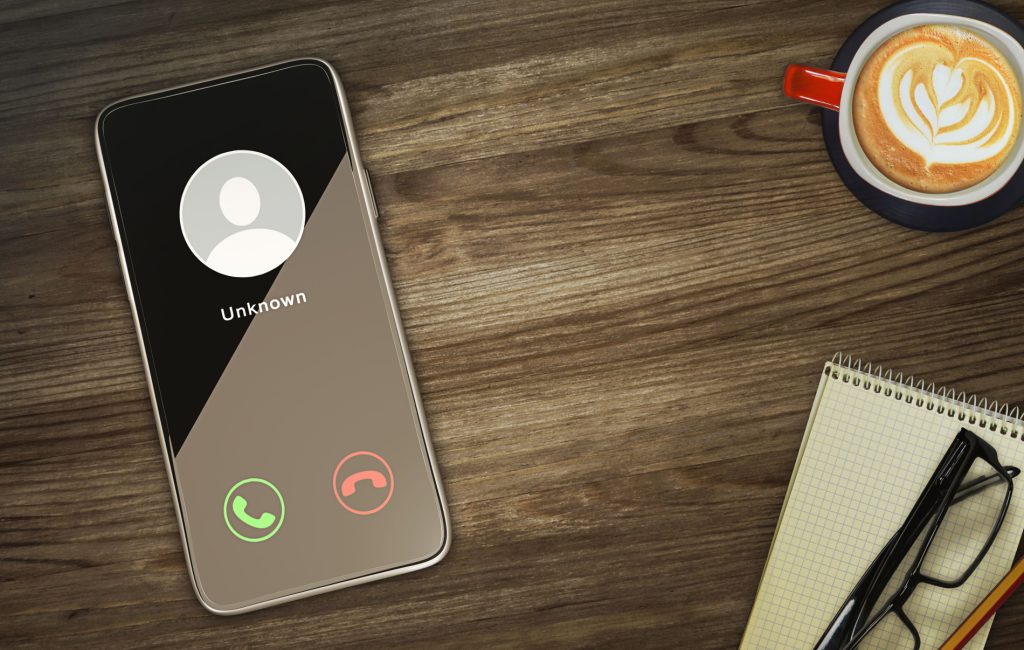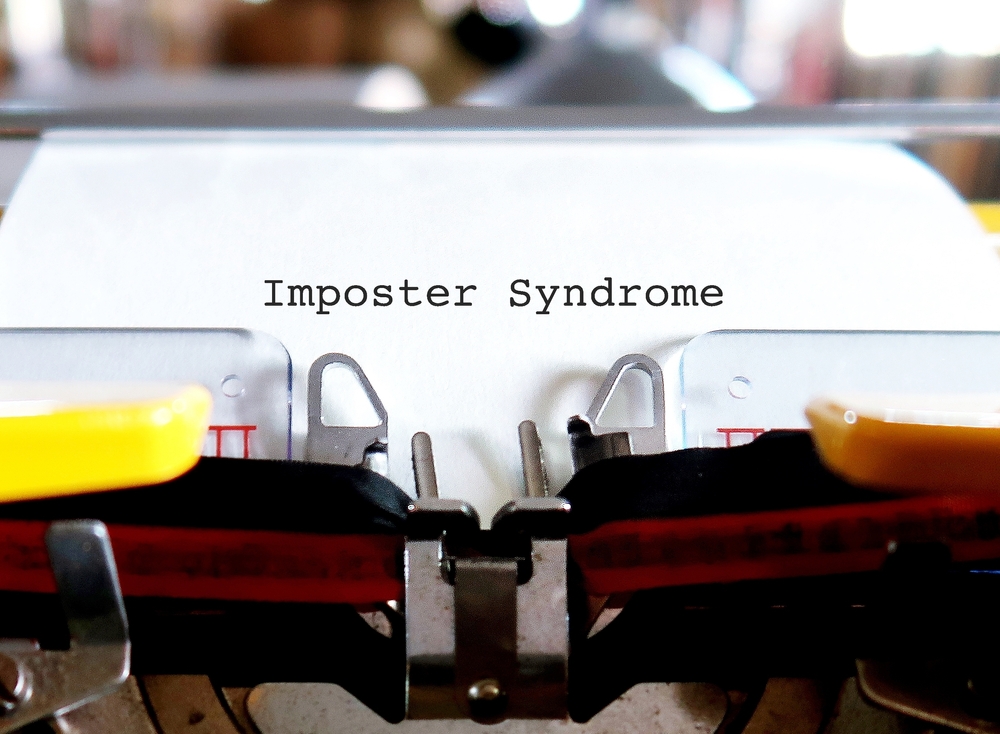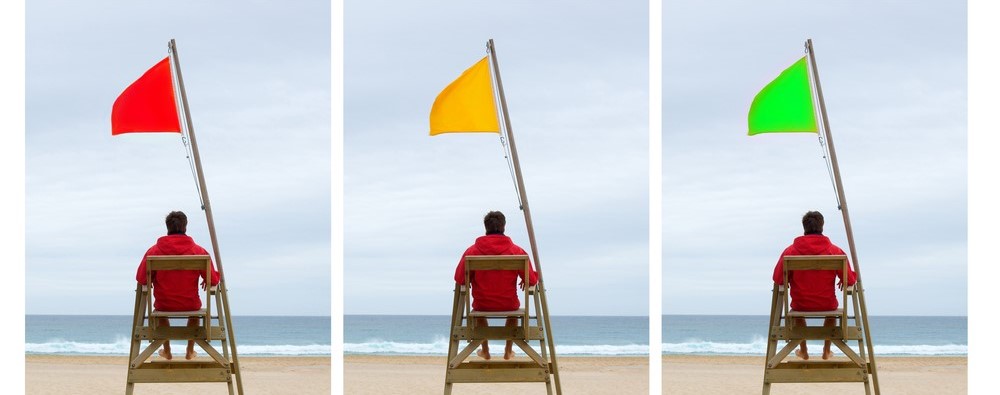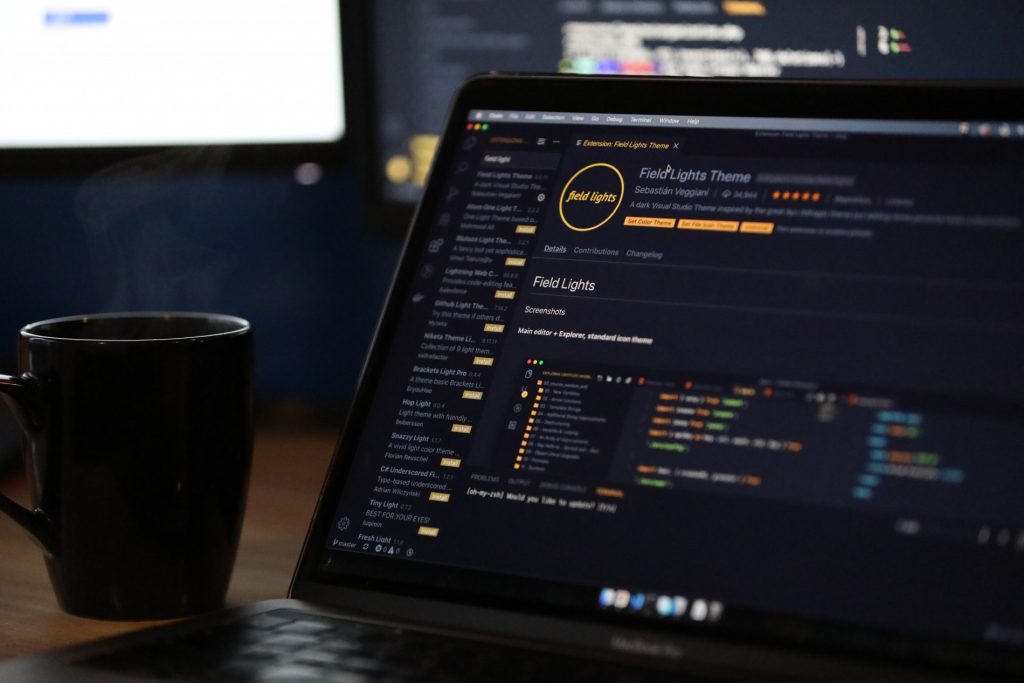The Pandemic of the Tall Poppy
On the uniquely Australian ability to tear down "Tall Poppies," even those who are standing up for great causes.
Remember January 2020?
It’s feels like another decade; an abstracted memory, pre-pandemic, where social distancing and lockdowns were meaningless words that had no part of our vernacular.
At the time Australia had another threat. It was the summer Australia burned. Bushfires ravaged the country and collectively as we watched our country burn we silently wondered; what could we do to help?
Australians know how to help a mate. Volunteers fought fires, the public packed their cars with donated items, sausages sizzled on community BBQs, strangers opened their doors and hearts and an Australian comedian, watching helplessly as her mother in law’s home became vulnerable to the flames, launched into action and created the now famous Facebook fundraiser with a modest goal to raise $30,000. There was no process, no strategy. She whacked an ad up, shared it to her socials then went to bed. And the internet nearly broke.
What happened next surprised many, not least of all Celeste. Within hours she raised half a million dollars and as has been well documented, the final figure was a staggering $51.2 million.
A street artist painted her mural on a Melbourne building “Celeste for PM”, memes flooded our feeds, and she was heralded a shining beacon amongst the hazy smoke.
And so, the critics they came.
Whilst many agreed her intentions were noble, Celeste was soon reprimanded and labelled ‘attention grabbing.’ Her philanthropic efforts were considered reckless and she was denounced for not doing more research on the regulatory acts that govern fundraising.
The Tall Poppy Syndrome, it grows and blooms.
A few months ago, I interviewed a candidate who had left a position because she felt consistently undervalued and discounted by her
colleagues. More nuanced than blatant workplace bullying, instead it was in the form of a subtle commentary made whenever she was publicly praised by her manager for her work achievements.
When she was offered an internal promotion an undercurrent of resentment set in. She experienced a form of professional jealously and cynicism that constantly made her feel unwelcome. Sadly, it is true that, despite our feminist fight for equality and the support of our sisterhood, we are still quick to take each other down and dim the light that illuminates another.
What I have learnt is that if I focus too much on what people think of me I would never get anything done.
When I was growing up, to be self-confident or an over achiever was to be “up yourself.” A disparaging way to be described but for my generation (and I am sure others) we quickly learnt that self-promotion was unattractive and so it became for me and for many around me, a very Australian female thing to do, to play down our success. Self-deprecation is far more appealing you see. No wonder Imposter Syndrome and the Tall Poppy Syndrome are so closely linked together and yet many still deny their existence.
That is until you are the poppy; the tall one.
Soon after the threat of the bushfires abated and almost before we drew breath the pandemic hit, and a mood of eerie surrealism cast shade over our reality. It is strange how a crisis tests our character.
Although there were stories of supermarket brawls, in business I witnessed a shift. LinkedIn became a place of virtual camaraderie. Within my industry, competitors were reconnecting, extending their support and strength to one another.
Yesterday I was talking to a friend; we met 25 years ago when we both started our career in recruitment. We have, in many ways, shared a parallel life with kindred experiences. We have always kept in touch along the way.
Although she also runs her own agency and we are, by definition “competitors.” I have had many conversations with her in recent weeks. We have spoken about navigating our businesses through a pandemic; offering suggestions and ideas and we have shared stories of mutual wins and we encourage each other knowing that of course, this too shall pass.
Success is often subjective and relative to our own perceptions. Our relationship with it is further complicated by the way we feel and react when those around us achieve. Is it that we are mistrusting or are we simply envious?
When Celeste Barber responded to the critics who labelled her fundraiser misguided and irresponsible she was unapologetic and said, “I would have raised more, I would 100 per cent do it again.”
2020 has been a year where a climate catastrophe and global pandemic derailed our lives and livelihoods. There are lessons to be learned that will form part of history, but perhaps the lessons we can learn right now: that we are all in this together and we are in fact the lucky country. If this is true, and I certainly want it to be true, then we need to continue to make our own luck, to foster success; ours, and others and to celebrate rather than stifle the ambition of others.









